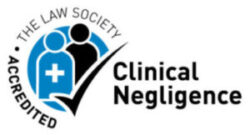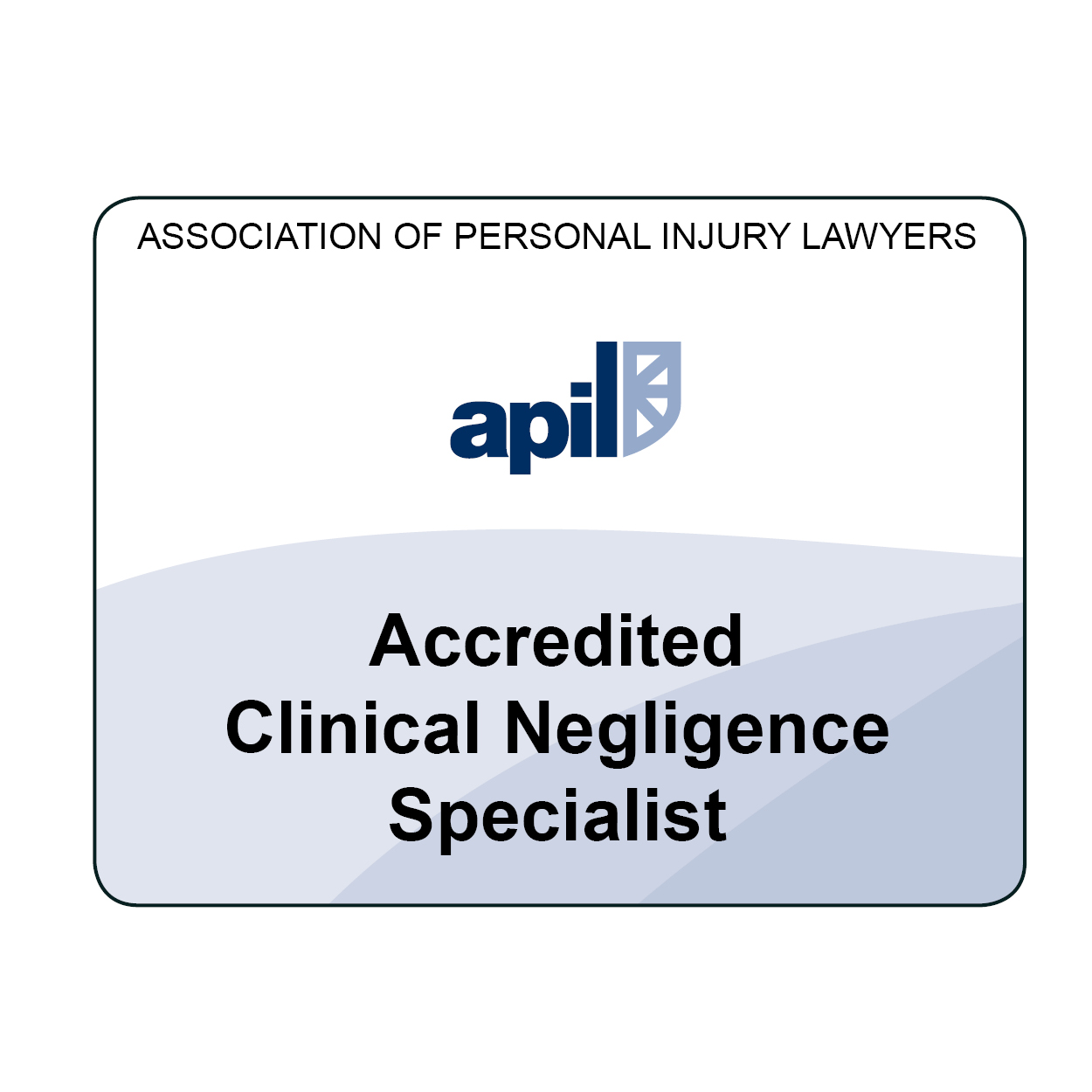Could CQC’s Social Media Strategy Reduce Clinical Negligence Claims?
Amidst budget cuts and the need to redress the manner in which it looks at service levels and safety in the NHS, the Care Quality Commission (CQC) – England’s national health regulator – has announced plans to begin monitoring care complaints via social media. The CQC’s social media strategy is intended to help identify possible failings sooner and without having to rely on in-depth investigations. Chairman Peter Wyman told The Telegraph he thinks it offers “great potential… to capture people’s views…before something awful happens.” Wyman went on to explain that the new approach doesn’t mean “ripping up” tried and tested methods – rather refining them – but questions are already emerging in relation to how helpful the move might be in tackling substandard care and the potential incidence of clinical negligence in our hospitals.
CQC Chairman: Hospitals Need to Make Better Use of ‘Big Data’
Wyman’s new approach is based largely on the notion that “…inspections are good and important and they are not going to go away, but on the other hand they are very expensive…” Instead, he believes hospitals need to make better use of “Big Data” (including the likes of mortality rates) as well as monitoring anecdotal evidence of substandard care through the likes of social media and formal complaints. Chairman Wyman elaborated on his thoughts issuing the following quote:
“If you have got a maternity unit which was good when we last inspected and suddenly you get staff and the public saying they aren’t happy then that is the time to be asking questions, rather than waiting for something awful to happen to mothers and babies.”
Is the CQC’s Social Media Just a Cost-Cutting Measure?
On the face of things, the notion of potentially identifying problems and areas of concern faster by monitoring and reaching out to social media platforms that allow the public to provide real-time feedback seems a good one. However, when the number of official reviews and inspections may potentially be reduced as a result of the CQC’s social media strategy, one could be forgiven for thinking that the primary focus of the initiative is to cut costs. Nobody is in any doubt that patients with grievances should be listened to, but when the opinions of unqualified and personally-invested personnel – who do not have the same access to the procedures, processes and management that sit behind the provision of medical care – are being used (potentially) in place of analysis by seasoned experts and investigators, it may be reasonable to suggest that reviews of care services may not be as comprehensive.
A spokeswoman for the CQC iterated that the plans are, for now at least, still part of an “ongoing consultation”, with the ultimate strategy due to be announced in May 2016. But with the watchdog’s budget due to be slashed from £249m in the current financial year to £217 million in 2019-20 the Commission will have to look at a variety of measures to improve efficiency and reduce costs. Understandably, this paints a picture of real concern to patients worried about the level of care they are already receiving and the risk of clinical negligence should the new strategy fail to provide the same robust standards of quality control necessary to maintain safe levels of clinical care.
Our Thoughts on the CQC’s Social Media Strategy
Commenting on the CQC’s social media strategy and the potential change of strategy as a whole, Christopher Livingston, clinical negligence solicitor at Blackwater Law said:
“We welcome the initiative to seek real time insight from patients via social media, so as to provide for earlier identification of problems areas in healthcare service deliver. But this should be used alongside professionally conducted inspections and reviews, not as an alternative to.”
Are you entitled to clinical negligence compensation?
If you or a family member is concerned about the level of care you have received through the NHS and feel your complaints have not been dealt with appropriately, you might be eligible for medical negligence compensation. You can find out today by calling Blackwater Law clinical negligence solicitors for free initial legal advice on 0800 083 5500.





